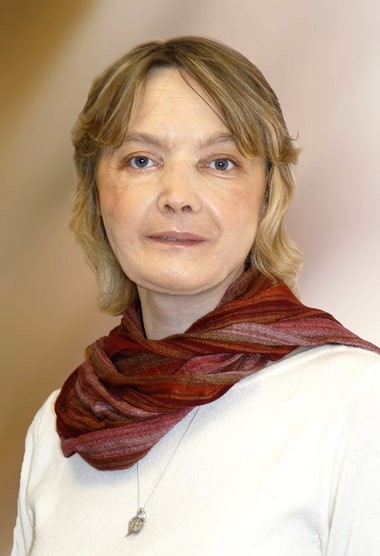In a statement released by Amiens Hospital, which carried out the ground-breaking procedure in November 2015, said Dinoire died on April 22, 2016 as a result of a long illness, but the announcement was delayed out of respect for her family. Amiens University Hospital which is located in northern France explained the delay in a statement released on Tuesday, Sept. 6.
The statement read, "In accordance with the will of the relatives, there was no obituary published in the press in order to protect their legitimate privacy at that painful time."
According to Associated Press, Amiens hospital did not provide any other information on the cause of Dinoire's death. Hence, it is unclear whether her illness was related to her transplant. French media argued that she succumbed to complications from her most recent operation.
On Tuesday, a prominent French newspaper, Le Figaro reported and said that Dinoire suffered a rejection of the transplants last winter and lost part of the use of her lips. And according to the reports, the heavy anti-rejection treatments she had to take contributed to the occurrence of two cancers.
Surgeons carried out the operation when Dinoire was 38 years old, after her face was mauled by her pet dog while she was passed out from an overdose of sleeping pills, US Magazine reported. She underwent a 15-hour operation in 2005 in Amiens to replace her nose, lips and chin. French doctors Bernard Devauchelle and Jean-Michel Dubernard decided to use the body parts of a brain-dead woman and opted out of the more traditional reconstructive surgery route.
Dinoire was given the lower part of a face that was taken from a woman who had committed suicide.
According to the AP, she was warned about the risks ahead of time but the medication she later took so that her body would not reject her face often caused health issues.
Dr. Jean-Paul Meningaud, the head of reconstructive surgery at Henri Mondor Hospital, said that the results were very good in the medium term, but the long-term impact were not impressive.
The medical marvel resulted to a wave of controversy at the time, with many questioning the ethics of transplanting a face before attempting reconstructive surgery.
According to CNN, Dinoire declared a year after having the procedure that though it was someone else's face, when she looked in the mirror, she saw herself.
In the Amiens statement on Tuesday, the doctors said that facial transplants remain complex surgery with high risk adding that it is important to remember that face transplants are still in the evaluation stage. They ... cannot be considered a routine activity.
The surgery created way for other transplants involving varying combinations of facial parts performed in six other countries, among them, the United States.
Dinoire is survived by two teenage daughters.
Watch a video of Isabella Dinoire after the transplant here:



























